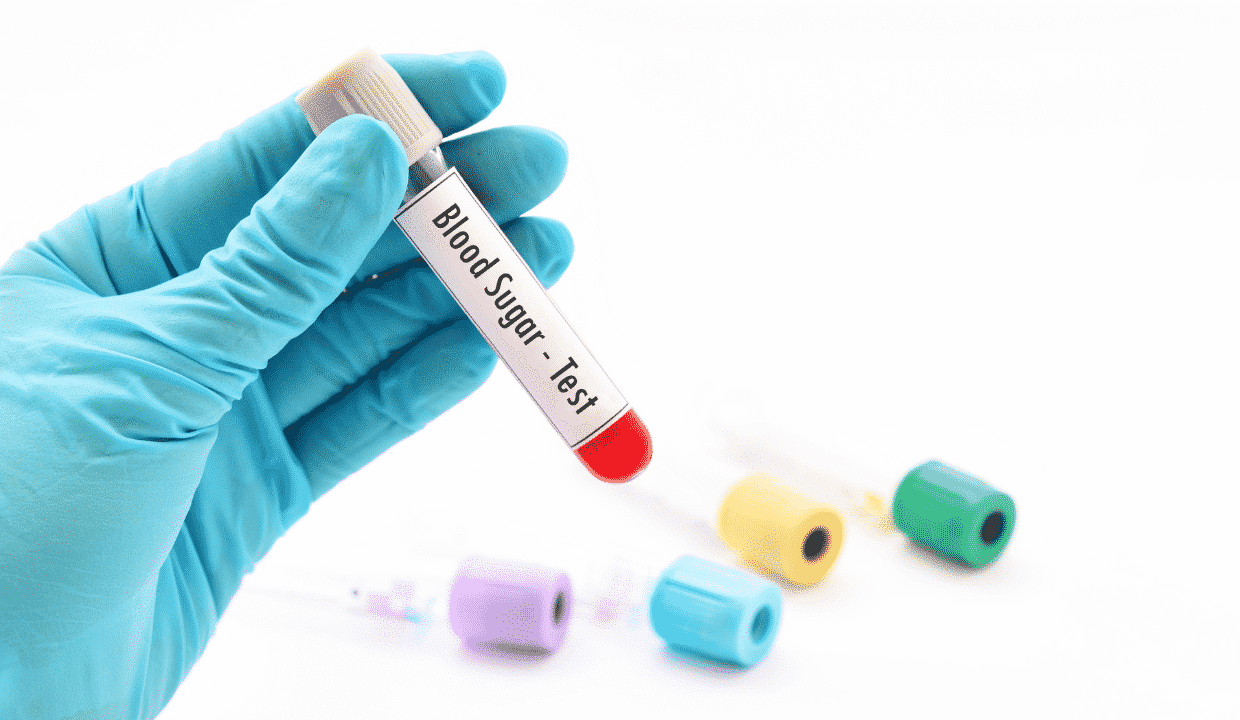Health junkie or not, learning information about your body and health is still a necessity. Book up your next doctor’s appointment now cause we’re about to tell you why you need to get a glucose test.
What is a Glucose Test?
A glucose test or a blood glucose test screens the glucose (sugar) level of your body through the use of a blood sample. The test filters your blood and can indicate whether or not you have diabetes!
If you’ve constantly been feeling thirsty or if your wounds have been healing slower than usual, these can be telltale signs that you may have diabetes. Confirm this through a blood glucose test at a local hospital so you can be prepared and informed of your condition.
Who Usually Has a High Risk of Developing Diabetes?
Anyone can fall victim to diabetes if you aren’t careful with your diet. However, here are the types of people who are more commonly at risk of developing diabetes or pre-diabetes.
- Old people are ranging from 45 years of age and above.
- Individuals who are classified as obese or overweight.
- People who have relatives who have diabetes or individuals who have a long-running family history with diabetes.
- Individuals who have high blood pressure.
- People are living sedentary lifestyles or who are inactive in their daily lives.
- Individuals with a high density of lipoprotein.
Having your blood glucose level regularly checked when you’re over the age of 45 is highly advised by the American Diabetes Association. This can be life or death in some cases, and getting treatment before your condition worsens is a lot better than waiting and being too late.
Preparing for your Blood Glucose Test
Before you get your blood glucose test, you have to do a little prep work. To make sure you get accurate results, make sure that you fast for at least 8 hours before the test. Don’t eat or drink anything except for water. Eating something before the test can cause a spike in your blood sugar and can lead to inaccurate results.
When you arrive to get your glucose test, a small blood sample will be taken from you, and in a few moments, you’ll get your results. Normal blood sugar levels are between 70 to 99* mg/dL (3.9 to 5.5 mmol/L). If your blood glucose level is 100 to 125 mg/dL (5.6 to 6.8 mmol/L), you have pre-diabetes. Anything higher than that means you have diabetes.
How Does the Test Indicate if I Have Diabetes?
This is a lot more complex than it looks on the surface. Glucose or sugar is converted by your body into energy to function during the entire day properly. The sugar you get from the food you eat gets absorbed and released into your body’s tissues.
If you have diabetes, there are two possible causes for why your blood sugar is high. Either your pancreas doesn’t make enough insulin to handle the increased glucose level, or the insulin is not working as it is intended. Insulin is a crucial hormone secreted by the pancreas to keep your body’s blood sugar levels normal. This hormone moves the glucose into your cell’s tissues to stabilize the spoke in your blood sugar when you’re eating.
Measuring your blood glucose level helps check whether you are at risk of getting hyperglycemia or whether you are already developing diabetes in the first place. Getting a glucose test also helps prevent if you have hypoglycemia or low blood pressure, which is caused by the presence of too much insulin.
Diabetes Incidence Rate in Sweden
New research published in Diabetologia (the journal of the European Association for the Study of Diabetes) suggests that Sweden — the country already thought to have the second highest prevalence of type 1 diabetes in the world — could have 2-3 times more adolescents and young adults with type 1 diabetes than previously estimated. The research is by Dr Araz Rawshani, Swedish National Diabetes Register, Gothenburg, Sweden, and colleagues. (Source: sciencedaily.com)
Knowing earlier in your life can save you a lot of time and money. Get a glucose test now and save years of your precious life.

